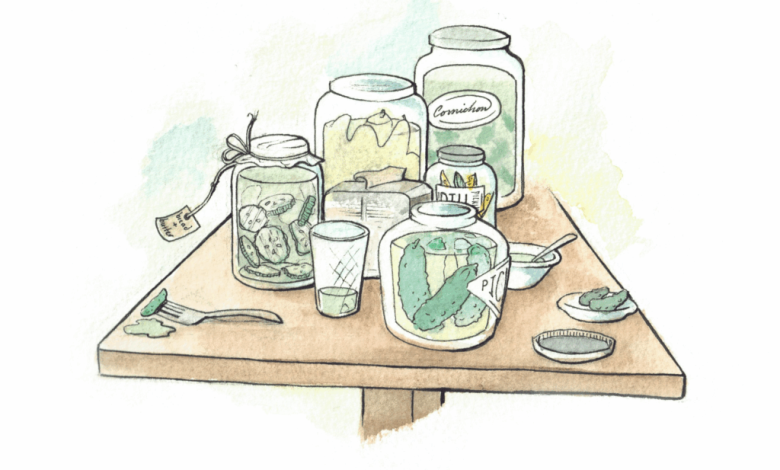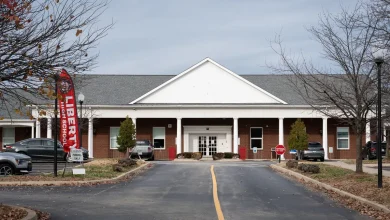Dining halls bringing the brine for National Pickle Day

On Friday, Yale Hospitality will host “Brine and Dine” — a pop-up event featuring a variety of pickles at the dining hall for lunch and dinner.
Jolynda Wang
4:54 am, Nov 14, 2025
Contributing Reporter
Nellie Kenney, Contributing Illustrator
Yale Hospitality will host a “Brine and Dine” pop-up event Friday to celebrate National Pickle Day.
For the event, residential college dining halls will serve a variety of pickles and pickled vegetables for both lunch and dinner. “Brine and Dine” is Yale Hospitality’s third pop up of the year, following sushi- and ramen-themed events. A Yale Hospitality spokesperson wrote in an email to the News that Hospitality will host a “Boba brunch” with Yale College Council in the spring.
The dining halls will serve pickles made “in house using vegetables” and Yale Hospitality’s “own custom brine blend,” according to the spokesperson.
Suzanne Cope, the author of “Small Batch: Pickles, Cheese, Chocolate, Spirits, and the Return of Artisanal Foods,” said in a Zoom interview that food is “how we can understand each other across cultures.”
“And, pickles are a great way to do that because you can find that familiarity across cultures,” she added.
Cope emphasized that pickling, a preservation technique, appears in various cultures worldwide. Celebrating connections over pickled foods can serve as an opportunity to see “how people are not that different after all,” Cope said.
“I think so often food sparks a conversation about someone’s background, about what they like, about their memories because food really ties very directly to memory” she said.
Megan Elias, the director of the gastronomy program at Boston University, wrote in an email to the News that these types of events need to prompt students “to ask questions about food, both historical questions and questions about the contemporary food chain and food cultures.” She emphasized that people should be aware that food history can often lead to “human stories that are not particularly palatable or fun.”
“And because food is culture, talking about food history helps people understand the assumptions embedded in their cultures,” she wrote.
Jeffrey Pilcher, a food history professor at the University of Toronto, wrote in an email to the News that pickling is “the fundamental method of food preservation.” There is physical evidence of fermentation at least 9,000 years ago, he wrote. He emphasized that understanding the past and how humans have historically fed themselves can inform “contemporary policy debates and innovation.”
Ken Albala, a history professor at the University of the Pacific, said in a Zoom interview that pickling dates back to “prehistoric times” but only started to be documented in 20th-century cookbooks.
He said pickling is an appealing form of food preservation because it is easy, low-risk for spreading sickness and has a “craft aesthetic.” However, Albala said that the popularity of pickles has diminished as people switch to science-driven foods like lab-grown meat.
Yale Hospitality operates 14 residential dining halls.
Jerry Gao contributed reporting.





